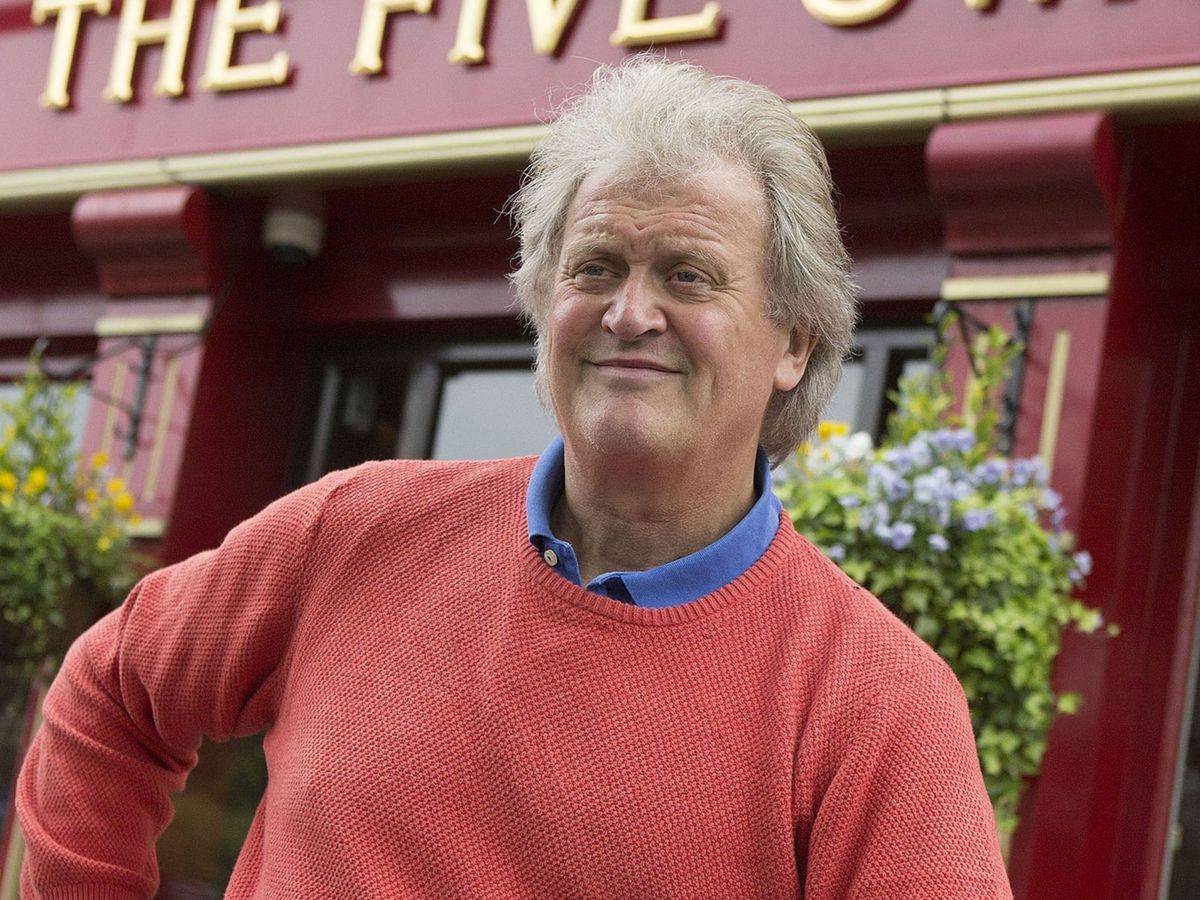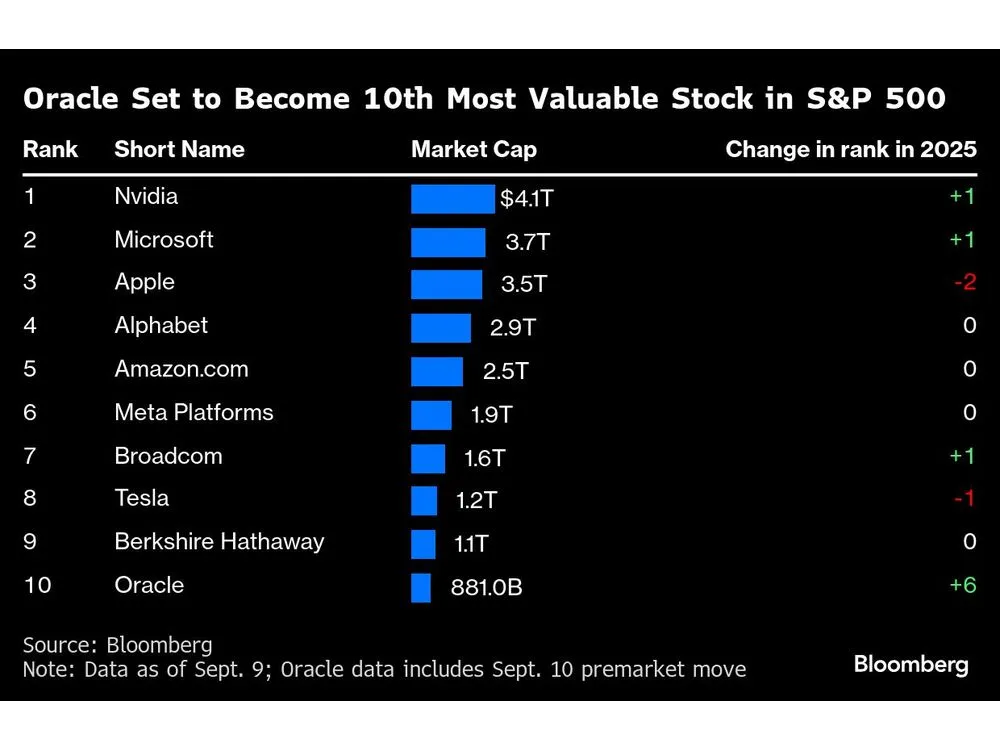By Xiaofei Xu
Copyright scmp

Images of burning barricades were shown side by side with the handover ceremony for France’s new prime minister, Sebastien Lecornu, on French television channels on Wednesday as “block everything” protests brought back memories of the rallies by the populist “yellow vest” movement that rocked the country in 2018 and 2019.
More than 175,000 protesters hit the streets across France on the day of Lecornu’s inauguration, according to the country’s interior ministry.
Its government collapsed on Monday when its fourth prime minister in two years, Francois Bayrou, lost a parliamentary confidence vote amid widespread opposition to budget cuts designed to rein in Europe’s biggest fiscal deficit.
French government debt stood at around €3.3 trillion (US$3.9 trillion), or 114 per cent of the country’s gross domestic product, at the end of the first quarter and has continued to grow, with ratings agencies considering imminent cuts to the country’s sovereign credit rating.
The chaos speaks to a deeper concern among many French people about what they see as their country’s slow decline, which feeds into the country’s rising sense of anxiety at a time of mounting geopolitical tensions and a global economy increasingly dominated by the United States and China.
“Our taxes keep rising but in return we are having worse public services in hospitals, schools, and companies keep closing down factories,” Laurent Joly, a representative of the General Confederation of Labour (CGT) trade union organisation, told the Post on Tuesday.
At the heart of the protests is the debate over who should contribute more to help the state avert its looming debt crisis.
France’s public debt rose by 53 per cent between 2000 and 2024, compared with a 5 per cent increase in Germany and a 27 per cent increase in Italy during the same period, while its budget deficit reached 5.8 per cent of GDP, almost double the 3 per cent limit set by the European Union, according to a report published by the French Observatory of Economic Cycles think tank.
The government wants to increase defence spending while implementing an aggressive spending freeze, cutting healthcare and pensions, freezing public sector recruitment and eliminating two public holidays.
While they acknowledge the pressing nature of the debt crisis, opponents of the budget say the government should look at the ultra-rich and taxes on capital gains and inheritance instead of continuing to squeeze the middle and working classes.
The total assets of France’s 500 wealthiest families have grown 14-fold since 1996, increasing their share of the country’s GDP from 6 per cent to nearly 40 per cent, according to the French magazine Challenges.
Almost 10 million French people were living below the poverty line in 2023, the most since records started in 1996, according to data from the French National Institute of Statistics and Economic Studies (Insee).
We are worried that France is becoming a service economy with no industries
CGT representative Laurent Joly
The French government argues that increasing taxes on the ultra-rich could fuel capital flight and harm the French economy. France’s latest Gini coefficient for income inequality – a measure in which 0 corresponds to perfect equality and 1 corresponds to perfect inequality – stood at 0.297, below the US and China, which both topped 0.4.
However, many French people are frustrated and angry about what they see as decades of policy failure, with the blame shared by presidents from the left, right and centre.
“We are worried France is becoming a service economy with no industries … it’s been such a long time that things did not get better,” Joly said.
Between its peak in 1974 and the second quarter of this year, employment in France’s industrial sector had fallen by more than 43 per cent – with more than 2.5 million industrial jobs disappearing in five decades – according to Insee.
Notable examples of France’s industrial might being sold off to foreigners include the sale of Alstom’s power and grid business to American giant GE in 2014 and French pharmaceutical leader Sanofi agreeing last year to sell a 50 per cent stake in its consumer healthcare business to American private equity firm Clayton, Dubilier & Rice.
In a statement outlining its opposition to the current budget proposal that was published following the collapse of the government on Monday, the CGT emphasised the need for re-industrialisation.
Almost 70 per cent of the French public are pessimistic about the future, according to a poll published on September 1 by Ifop-Fiducial for French radio station Sud Radio.
Analysts said that as the country’s economy continues to struggle, the never-ending debate over who is responsible for the debt crisis and who should contribute more is adding to an increasing sense of disillusionment in France.
“There’s a global perception from Europeans of a slow decline … it’s this perception that we have close to no growth, with debts rising and the market share of European companies in the world reducing in almost every industry,” said Sacha Courtial, a China researcher at the French think tank Institut Jacques Delors.
“If we were still enjoying high economic growth and we were expanding, I think the fear that we have would be less strong, because we would be more confident in our capacity to resist.”
During a visit to London in July, French President Emmanuel Macron warned that France and the United Kingdom needed to decrease their reliance on both Beijing and Washington if they wished to secure a sustainable future.
“If we still depend on both China and the US, I think we have a clear view of our future and the future of our children,” he told British lawmakers.
“On one side [China], overcapacity and other subsidies are clear threats [to] fair trade, and they are destabilising a lot of [the] value chain and creating new dependencies. On the other side [the US], the trade war is clearly an explicit decision not to be compliant any more with [the] WTO (World Trade Organization) and this commerce we loved until now.”



